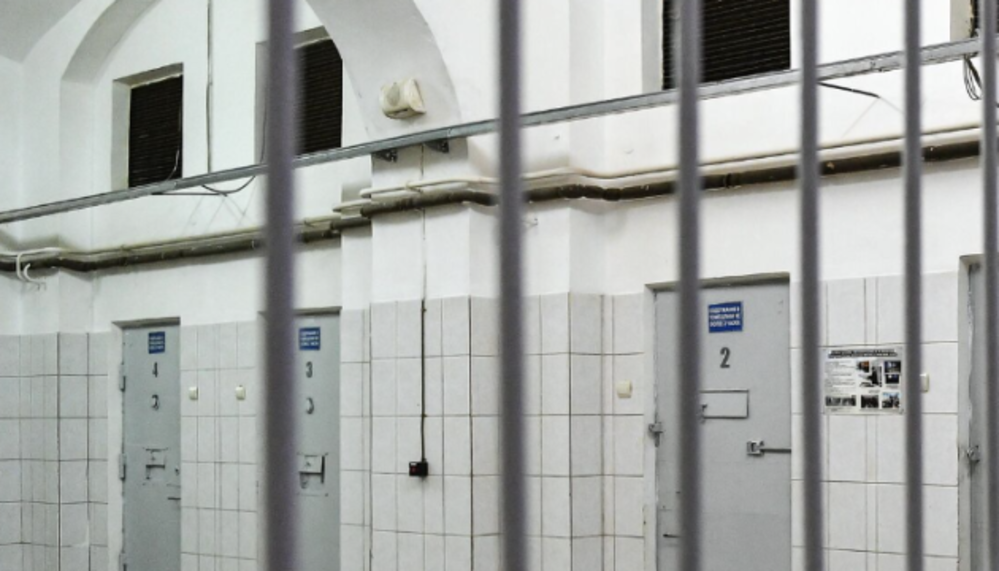Human rights activists: In Crimea, occupants persecute 117 people in “Hizb ut-Tahrir case”.

Since 2014, in the temporarily occupied Crimea, Russians have been persecuting 117 people in the Hizb ut-Tahrir case. Out of these 117, 114 are representatives of the indigenous Crimean Tatar people.
This was reported by the Crimean Tatar Resource Center, according to Ukrinform.
“After the occupation of Crimea, the Russian Federation has been actively practicing religious persecution on the peninsula. According to the Crimean Tatar Resource Center (CTRC), 117 people are being persecuted in the Hizb ut-Tahrir case, and 114 of them are representatives of the indigenous Crimean Tatar people,” the report says.
As noted, out of the 117 persecuted, 82 are serving their sentences in Russian prisons and colonies, while 28 are in pre-trial detention centers, 2 are under house arrest, and 5 have been released.
In total, 18 waves of detentions of Crimean Tatars in the so-called “Hizb ut-Tahrir case” have been carried out during the occupation of the peninsula, the human rights activists add.
The CTRC notes that the Russian Federation illegally uses its legislation for political purposes, in particular, to suppress the non-violent struggle of the Crimean Tatars and their protest against the occupation of Crimea.
“The occupiers are stepping up repressions against the defendants in the Hizb ut-Tahrir case, increasing sentences to 19 years in prison, imposing the first years in prison, and putting political prisoners on occupational registers,” the center added.
As previously reported, on February 14, 2003, the Supreme Court of the Russian Federation, having considered a civil case in a closed court session at the request of the Prosecutor General of the Russian Federation, recognized 15 Islamic organizations, including Hizb ut-Tahrir, as terrorist organizations and banned their activities in the territory of the Russian Federation. The reasoning part of the decision of the Supreme Court of the Russian Federation does not contain any data on the terrorist activities of Hizb ut-Tahrir per the definition of terrorism. The decision was made in violation of the basic principles of a fair trial: publicity and equality of arms.
The charges in these “cases” are based on the testimony of “hidden witnesses” and the conclusions of “experts” who actively cooperate with the Russian Federal Security Service. The only “evidence” is banned Islamic literature found during searches, FSB operational data and audio recordings allegedly demonstrating the convicts discussing religious and political topics. The activists are accused of involvement in the activities of Hizb ut-Tahrir, a banned organization in Russia, which has no restrictions on its activities in most countries of the world.